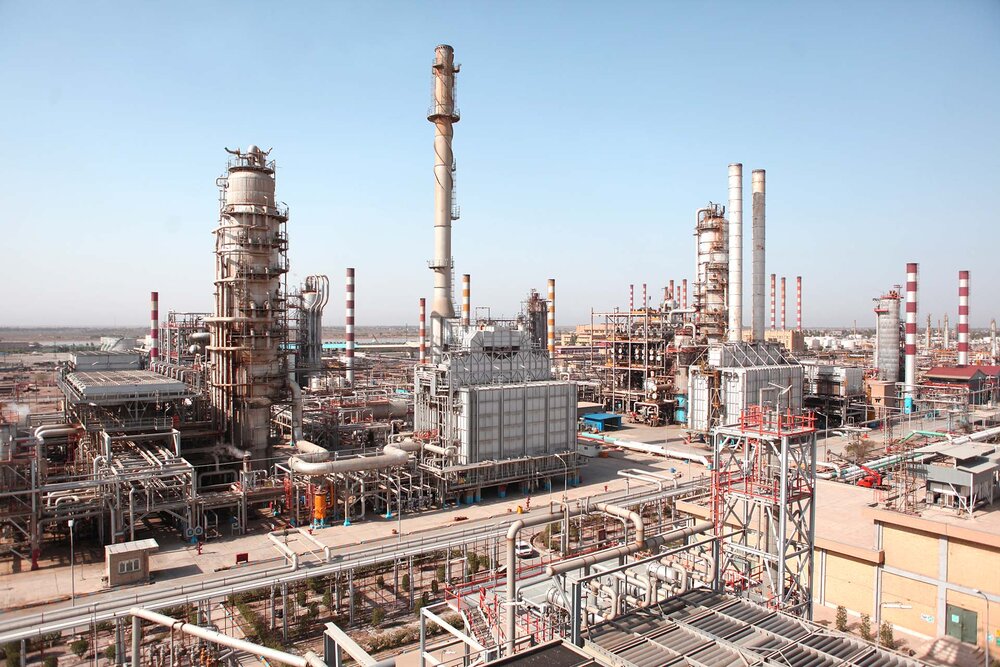Daily oil refining capacity reaches 2m barrels

TEHRAN- The secretary-general of Iran’s Oil Refining Industry Companies Association (ORICA) put the country’s oil refining capacity at two million barrels per day.
The country's refineries are now converting two million barrels of crude oil into petroleum products at full capacity on a full-time basis, Nasser Ashouri told IRIB.
He added: "The activities of the refineries, in addition to meeting the domestic need, have led to the export of surplus products, which plays a significant role in combatting the sanctions.”
Refineries play an important role in the country's economy and prevent the sale of crude oil, he underscored.
The secretary-general of ORICA went on to say that in addition to the main products, 32 other special products are produced in the refineries, which are allocated with priority to domestic needs to supply feed to oil-related industries such as petrochemicals.
Ashouri further pointed to the role of refineries in employment and production in the country and said that 32,000 people are directly employed in this sector and now all refineries are run by domestic experts and not a single foreign engineer is employed in this industry.
"Our country is one of the countries with the highest consumption of refined products," he said, adding, "Despite the fact that we consume 75 to 110 million liters of gasoline per day, not a single liter of gasoline has been imported to the country since the second half of [the Iranian calendar year]1397 (September 2018), and today all the country's needs for the products such as gasoline are meet domestically.”
Ashouri also pointed to the quality of refining products and added: "The quality of domestic fuel is not comparable to the last four years and today the quality of our gasoline has increased so much that ordinary gasoline has replaced super gasoline because in terms of quantity and quality the country's refining products are standardized.”
Stating that today the country's refineries are operating at full capacity and full time, he said: "However, a percentage of this capacity is empty, which is used at the time of the periodical services of the refineries and also to have the capability of producing various refining products."
MA/MA
Leave a Comment